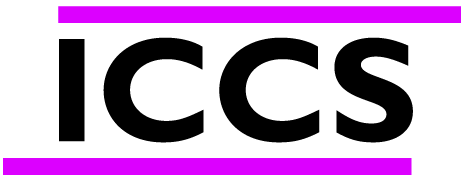In this video, ICCS President Heid Leganger Krogstad introduces you to the work of the Intereuropean Commission on Church and School (ICCS). Learn more about the core issues of the European network and how it operates.
The Intereuropean Commission on Church and School (ICCS) is a European network, created in 1958 as a result of the initiative of individual representatives of various European churches. The aim was to provide a framework for cooperation in monitoring and developing the place of Religious Education in European schools.
In the beginning it was no more than a conference organising committee, that organised a conference every three years. But the range of activities has broadened substantially over the last two decades.
ICCS is now active in the field of church and school and focuses on topics such as religious education, multicultural and multi-religious learning, norms and values education, ecumenical learning, education in Europe and the position of religion in the European education policy.
For IV, ICCS is our closest partner with whom we are delighted to collaborate. By joining hands, we create more and better opportunities for mutual inspiration and for exchanges between our members than we would by ourselves. That’s why we intend to continue our long-lasting partnership for many years to come!

ICCS has close relationships with the International Association for Christian Education (IV), an organization of associations from different countries in Europe with the aim to support the Christian Education. Together, they publish a common newsletter, organize study tours to various European countries and contribute to the work of the Conference of European Churches (CEC) as organisations in partnership.

ICCS as well as the IV are members of the Coordinating Group for Religion in Education in Europe (CoGREE). CoGREE promotes the cooperation between associations, organisations and networks which deal with a range of issues in the field of religion and education, e.g. concerning the teaching of religions in schools as well as of Christian and religious responsibility in the area of European education policy. Among CoGREE’s members, there are organisations with an oecumenical background, Protestant and Catholic ones and also ones without religious affiliation. Currently, CoGREE has five members: ICCS, IV, PILGRIM, EFTRE and EuFRES.
